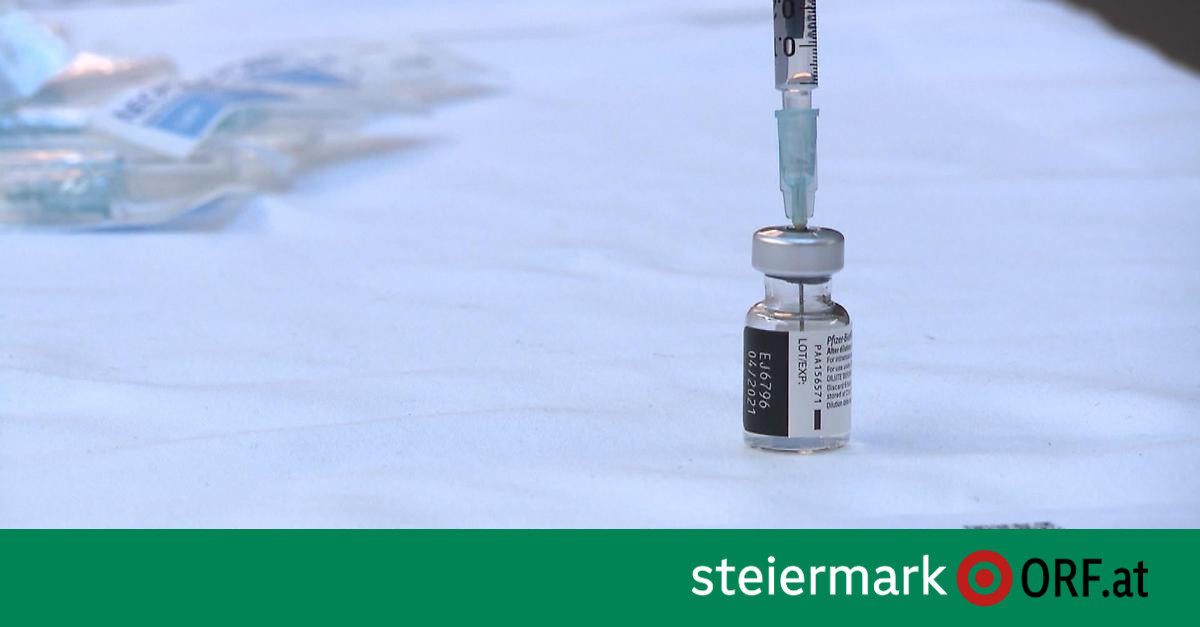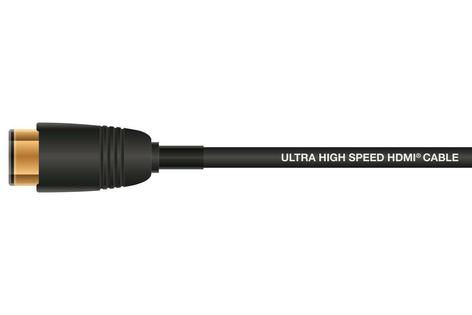While knowledge about the safety and effectiveness of CoV vaccines in healthy people is far advanced, the effect on people with impaired immune systems has not yet been fully researched, according to a press release from the Medical University of Graz. A study by the Med-Uni was dedicated to the question of what the immune response looks like after a CoV vaccination in immunosuppressed patients and which factors favor a positive immune response.
B cells as the “arms factory of the immune system”
If people suffer from a weakened immune system due to a congenital or acquired disease – or due to treatment, they are particularly at risk of developing severe CoV. This condition also affects the response to the vaccine. But not every immune deficiency has the same consequences. With the mRNA vaccines currently approved in Austria, the body’s own cells are given instructions on how to produce the so-called spike proteins of the SARS-CoV-2 virus. The cells follow these instructions and finally “present” parts of the finished spike proteins on their surface.
T cells of the immune system can recognize these and then activate B cells, so-called B lymphocytes. They belong to the “arms factories” of the immune system and produce the antibodies that are needed to neutralize pathogens. Some of the activated B cells become memory cells, which can quickly produce further antibodies if SARS-CoV-2 penetrates later. This prevents the virus from spreading further in the body.
Significantly fewer antibodies in the case of immunodeficiency
The Graz study focused on the analysis of B cells and their subtypes before vaccination and on the antibody response after CoV mRNA vaccination. The immune response of 199 study participants was analyzed: 120 had an impaired immune system, 79 were part of a healthy control group. To collect the data, blood was drawn twice from all 199 people: before the first vaccination and 21 to 28 days after receiving the second vaccine dose. When analyzing the second samples, the focus was on how many CoV-specific antibodies were present in the blood of the study participants. As expected, the strength of the antibody response was markedly reduced in many participants with impaired immune systems compared with the control group.
The study confirms that the vaccination response in immunocompromised patients is generally lower after vaccination against the new coronavirus, but also shows that some of these patients can achieve antibody levels that are as good as healthy people, said Eduard Schulz from the Clinical Department of Hematology at Med -Uni Graz.
Prediction marker found
According to Schulz, however, it was shown that the number of B lymphocytes in the blood of the tested person before the vaccination was a good indicator of which people in the immunocompromised group would produce sufficient antibodies after the vaccination. The special and novel value of the study lies in the fact that the subtype of naive B cells in particular stood out in the analysis as a specific predictive marker for antibody production. These are B cells that have not yet come into contact with a foreign structure, a so-called antigen.
B-cell determination could predict vaccine effectiveness
“For the first time we were able to establish a marker that could provide a possible prediction of the vaccination response of the corona vaccination. Regardless of simultaneous immunosuppressive treatment or illness, our study showed that the number of naive B cells in the blood is associated with a vaccine response similar to that of healthy test subjects’ antibody levels, ”said Eduard Schulz, summarizing the results of the study.
In the future it could therefore be useful to determine the naive B cells of some immunocompromised patients prior to vaccination. A prediction could be made as to whether antibody production is to be expected at all after a CoV vaccination, said Schulz: “Measuring the number of naive B cells in the blood of immunocompromised patients could in future be used to plan vaccinations so that that an optimal antibody response can be achieved ”. The results of the Graz researchers were recently published in the renowned journal Frontiers in Immunology.
–


